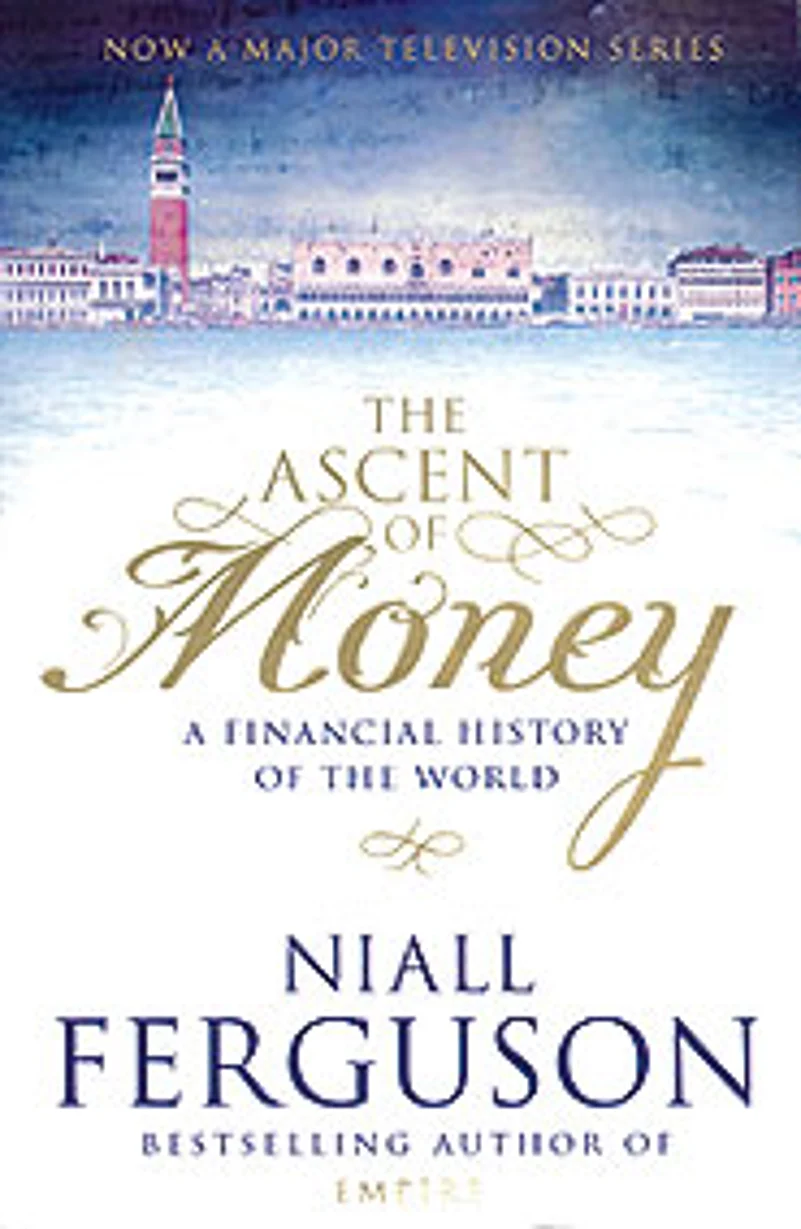I can’t resist starting with a counterfactual question: if this global economic crisis hadn’t happened, would Barack Obama have won?
I have been asking that very same question myself. And the answer would be possibly not, because the timing was perfect from the Democrats’ point of view. Historical experience strongly suggests that a shock like that is very unfavourable to the incumbent party. In that sense, Obama does indeed have finance to thank for his victory.
You’ve dubbed the economic situation in the US as "The Great Repression". How does it look?
The US policy is an attempt to repress a depression by pumping liquidity into the banking system—and has so far been successful. We’re not looking at a great depression. We’re probably looking at a great recession, and that’s hardly good news. The likely magnitude of the recession is both longer and deeper than anybody would have predicted—including me—even 3-4 months ago. Things are taking a decided turn for the worst in Main Street. I’m not sure much can be done about that.

The worry I have is that Europe and possibly North America are turning Japanese...they are going to end up with bank systems on life support, ultra cautious consumers, and extremely low growth for a decade. It’s extremely hard to stimulate economic growth because you give money to the banks, and they just sit on it. So, we are in trouble here. There’s only a couple of ways out of excessive debt burdens: an interest-inflation explosion, the other is massive defaults on debt. The third option—people manage to grow their income faster than the debt can accumulate—looks remote indeed.
But yet, you feel it isn’t the end of the American century. Why?
It can’t really be the end of American power if everybody else is worse affected. These things are all relative. Ten years from now, it wouldn’t surprise me one bit if the US economy would be in a stronger position.
Will an American sneeze cause an Asian cold?
The Asian consumer may be the world’s best hope at the moment for avoiding a depression. At this point, I’m not entirely sure the Asians can avoid a cold, or indeed pneumonia. But there still seems to be the option, given the high rates of saving, for consumption to increase. The excessive debt problem that afflicts the West is not a problem in Asia. So, Asia ought not to suffer such a severe crisis. But I wouldn’t really believe in the Asian century until there’s an equivalent of Microsoft or Google that originates in an Asian city.
In India, the Left is arguing that it minimised the impact by opposing key reforms...
The question of how an emerging market should reform its financial sector really needs re-examining now. The clear lesson for any country that wants to attract foreign capital is that it should not be hot money. There’s also a clear case for saying, in a dangerous world, you don’t want to have too large a current account deficit. Emerging markets are the most fragile here.
There’s been a call for a global financial regulator...
I don’t think there’s a strong case for turning the clock back. There’s been an argument made for some time by Harvard B-school for a capital market version of the World Trade Organisation. The IMF doesn’t have the kind of power that the WTO has...it’s an emergency lender of last resort. The World Bank just publishes statistics and wrings its hands. So there’s something missing.

























